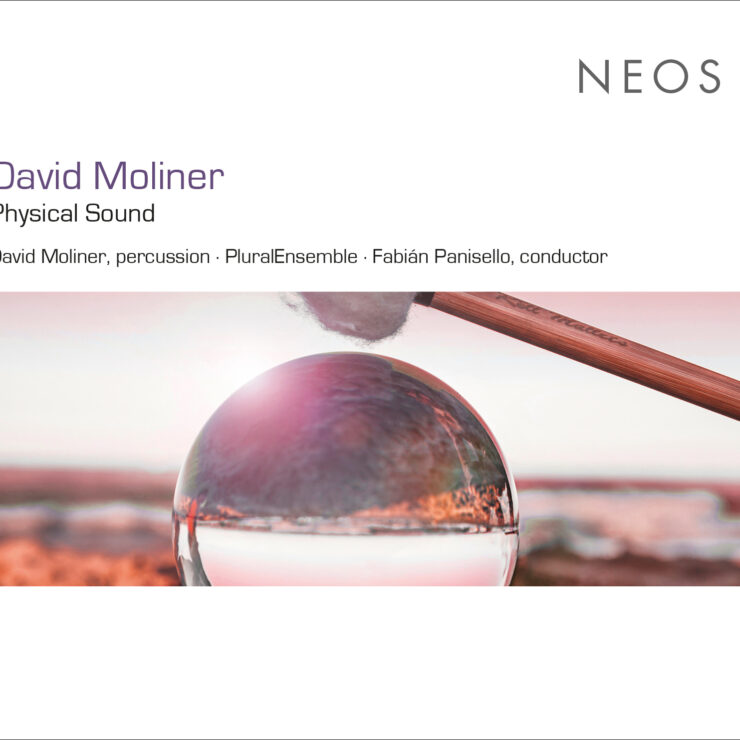Polyphony of Composers II

“The present record brings together two masters of the so-called Generation of ’51 (now in their eighties and fiveties) and two others of the more recent generation (those in their sixties).
A disciple of Conrado del Campo, Cristóbal Halffter (1930-2021) belongs to a dynasty of names in Spanish music (his uncles Rodolfo and Ernesto, a disciple of Falla); Luis de Pablo (1930-2021), a student of Max Deutsch, carried out a transcendental work of diffusion through Alea, a philharmonic society dedicated to the promotion of avant-garde music and founded in 1964 the first Spanish laboratory of electronic music.
Both are prominent members of the group of creators who drastically renewed the composition after the cultural and political isolation in which the country had been left as a result of the triumph of the fascist insurrection of 1936. Halffter has German ancestors, Panisello (1963) is from Buenos Aires, but has lived in Madrid for more than a decade. De Pablo is from Bilbao (and Madrid by adoption since the forties) and Sánchez Verdú (1968), from Algeciras, but a resident of Berlin (and Madrid) and professor of composition in Düsseldorf […].”
José Luis Téllez
TITLE
Polyphony of Composers II
composer
Fabián Panisello
Luis de Pablo
Cristóbal Halffter
José María Sánchez-Verdú
interpreters
PluralEnsemble
Conductor
Fabián Panisello
content
I. Three pieces for piano –
Fabián Panisello 1997 -2000
I. I don’t feel low
II. Japanese pictures
III. Fulgurar
II. Drawings – Luis de Pablo 1979
for flute, clarinet, violin and cello
III. Four poems for Alejandra Pizarnik – Fabián Panisello 1996
for soprano, viola and piano
IV. L’Ineluttabile destino di ogni cosa – Fabián Panisello 2003
for flute, clarinet, violin, viola, violoncello and piano
V. Sonata – Cristóbal Halffter
1959
for violin
VI. Deploratio II – José María Sánchez-Verdú 2001-2002
for flute and violoncello
VII. Trio II – Fabián Panisello 1996
for violin, violoncello and piano




